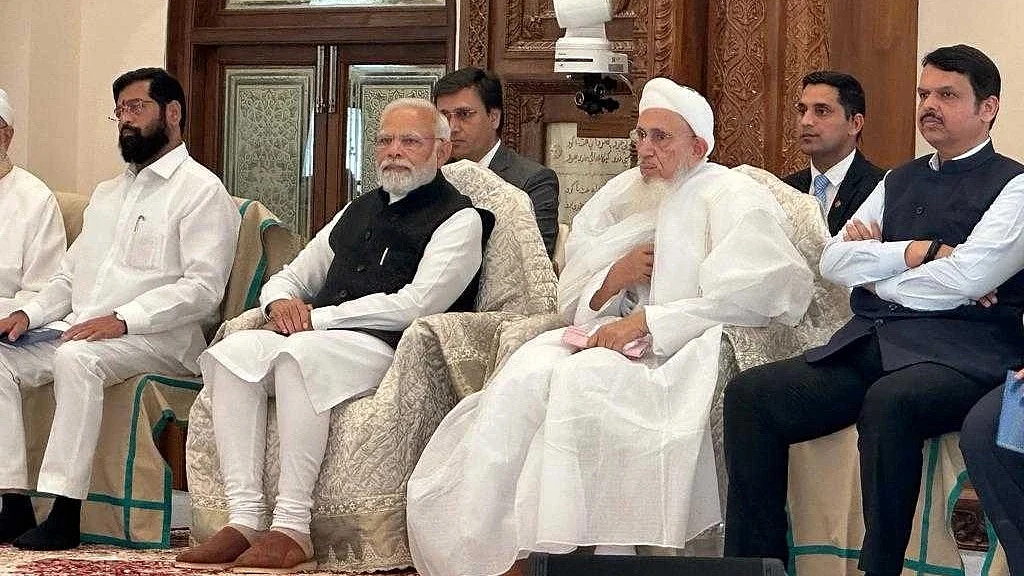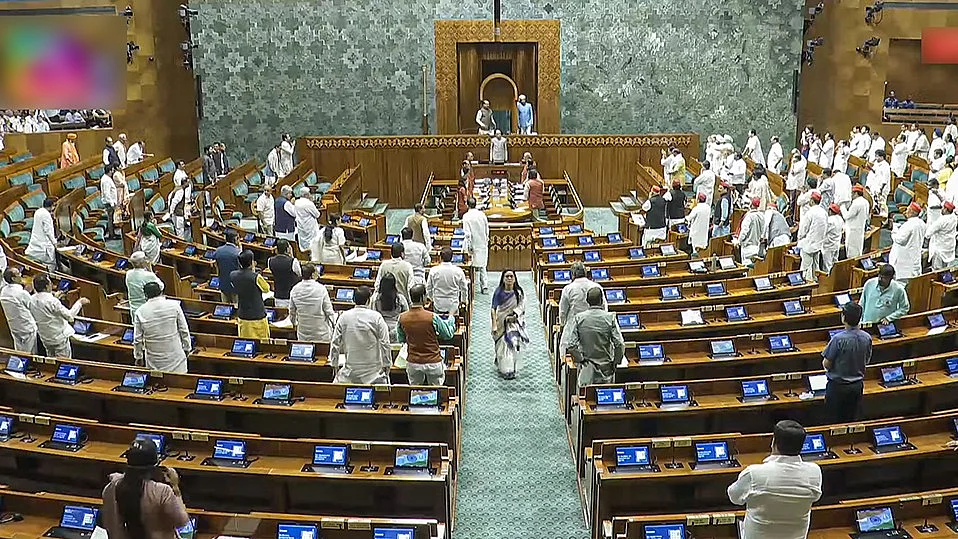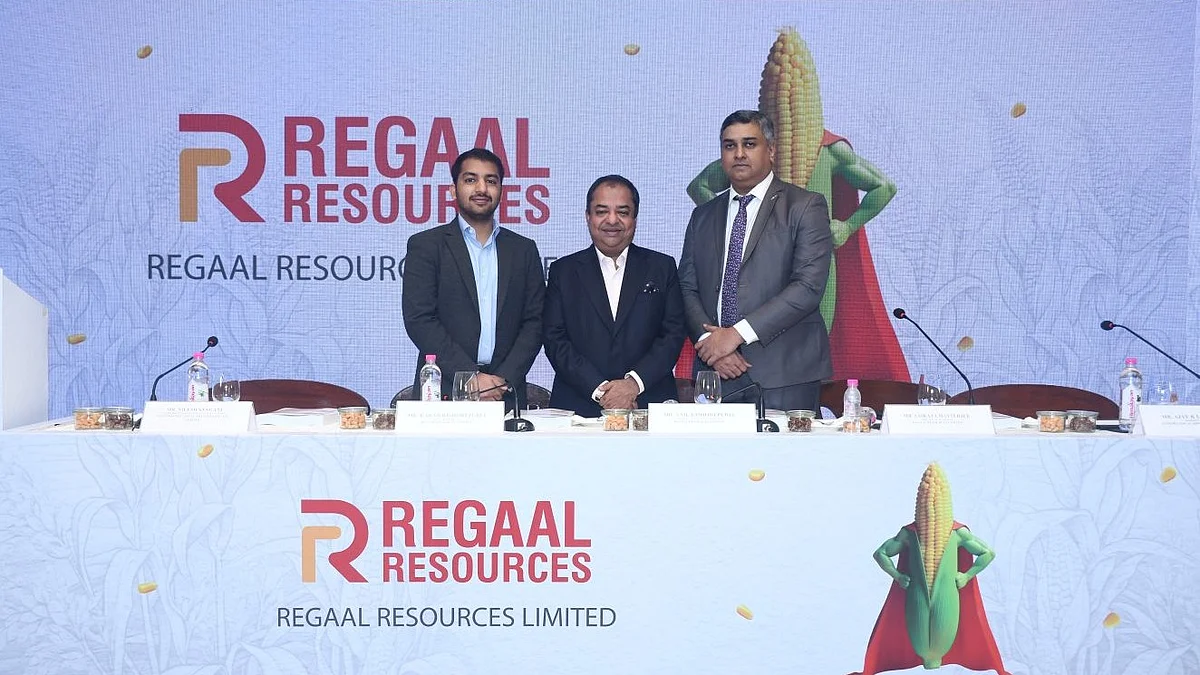The term fragile five was first used in 2013 by Morgan Stanley, to describe economies that were relying too much on risky foreign investment. Apart from India, Turkey, Brazil, Indonesia and South Africa were also included on this list of five nations. Speaking at a summit, India's Prime Minister Narendra Modi remarked that India has emerged out of the fragile five, and showed the world the meaning of anti-fragile economy by finding opportunities in a crisis.
He went on to add that India's government has reimagined delivery of welfare schemes to citizens and the development of public infrastructure. Modi mentioned that bank accounts, housing, internet connectivity, clean fuel and toilets for the poor have been reimagined. He highlighted direct benefit transfer (DBT) of cash and subsidies, which had been hailed as a logistical marvel by the international monetary fund last year.
Speaking at the Economic Times' business summit, PM Modi mentioned that Rs 28 lakh crore have been delivered to the poor by prioritising DBT to provide every paisa of benefits to beneficiaries. He highlighted the role of PSUs under central government and state governments, in turning around backward districts now considered aspirational districts.

He mentioned that 5 kilometres of railway lines and 38 kilometres of roadways are being built every day, as part of a grand strategy for infrastructure development. The PM also added that India has the world's fifth largest metro rail network, and will have the third largest network this month.
Hailing the world's cheapest internet in the world for India, PM Modi added that the rate of data in the country went down 25 times, and the contribution of India to global digital traffic has gone up to 21 per cent. To make a point about the rise of digital payment, he mentioned a video of a groom receiving money via QR codes.
He went on to add how reducing tax rates has resulted in higher gross tax collection in the country, as number of taxpayers has gone up. Taxpayers stepping forward as they are more confident about expenditure on development projects. Instead of 90 days, returns are now being processed within 24 hours thanks to a simplified taxation system.











